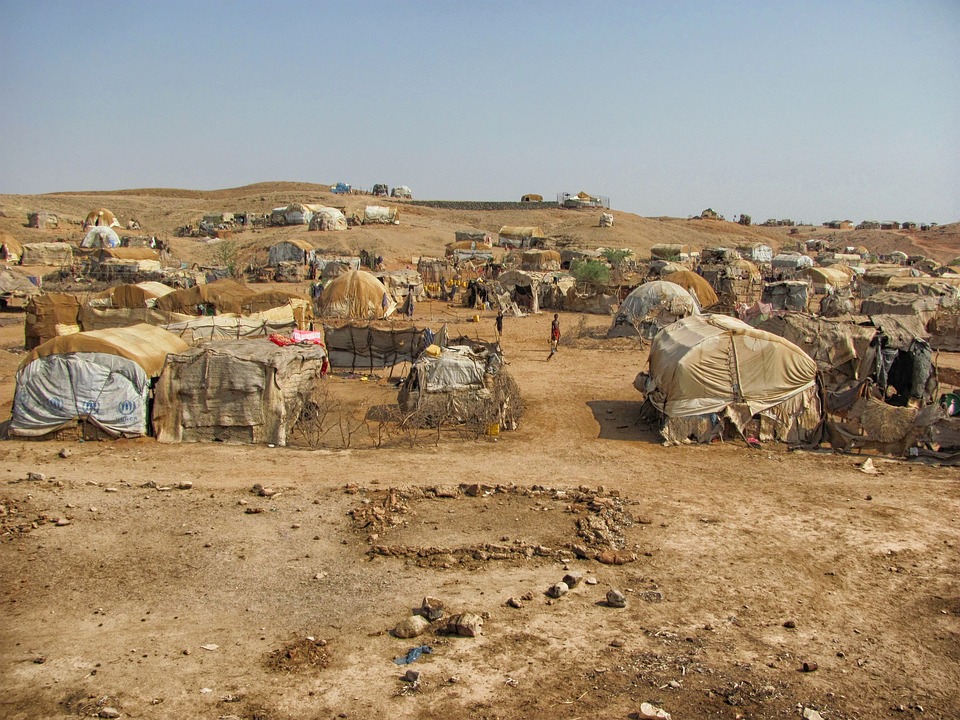Table of Contents
Introduction
When we think of camping, warm summer nights under the stars often come to mind. However, camping in cold weather can be just as thrilling and rewarding. While the idea of experiencing the outdoors during winter may seem daunting, with the right preparation and knowledge, you can embrace the challenges of cold weather camping and unlock a whole new level of adventure.
Choosing the Right Gear
Cold weather camping requires specialized gear that can withstand low temperatures and protect you from the elements. Invest in a high-quality four-season tent, insulated sleeping bags, and sleeping pads to stay warm and comfortable throughout the night. Layered clothing, including moisture-wicking base layers, insulating mid-layers, and waterproof outerwear, is essential for regulating body temperature. Don’t forget to pack warm hats, gloves, and sturdy winter boots to keep extremities protected.
Preparing for the Cold
Prior to your cold weather camping trip, ensure you’ve thoroughly researched the area’s weather conditions and forecast. Pack appropriate food that provides sufficient calories and warmth, as your body will use up more energy to stay warm in colder temperatures. Hydration is equally important, so bring a sufficient supply of water and consider insulated water bottles to prevent freezing. Additionally, learn how to build a fire and bring along fire-starting materials for warmth and cooking purposes.
Practicing Safety Measures
Cold weather camping requires extra precautions to ensure your safety. Always share your itinerary with a trusted friend or family member, including expected return dates and locations. Familiarize yourself with potential hazards and emergencies that may arise due to weather conditions, such as avalanches or hypothermia. Pack a first aid kit, including supplies to treat frostbite and other cold-related injuries. It is also crucial to be aware of the signs of hypothermia and take immediate action if someone shows symptoms.
Activities and Excursions
Cold weather camping offers unique opportunities for activities and excursions that are not typically available during warmer seasons. Take advantage of frozen lakes and rivers for ice fishing or ice skating. Consider snowshoeing or cross-country skiing to explore the winter wonderland surrounding your campsite. If you’re an adrenaline junkie, try your hand at ice climbing or snowboarding. Remember to research and plan these activities ahead of time and ensure you have the necessary equipment and expertise.
Embracing the Serenity
Cold weather camping provides a serene and peaceful atmosphere that is distinct from warm weather camping. The stillness created by the blanket of snow and the crispness of the air can be truly rejuvenating. Take the opportunity to disconnect from technology and immerse yourself in nature’s beauty. Observe wildlife adapted to surviving in cold environments and take in the breathtaking views. Allow yourself to unwind and find solace in the tranquility of cold weather camping.
FAQs
Q: How do I stay warm while camping in cold weather?
A: Layer your clothing, insulate your sleeping area with appropriate gear, and maintain a fire for warmth. Additionally, consume calorie-rich food and stay hydrated.
Q: What are the risks of cold weather camping?
A: The risks include hypothermia, frostbite, and slippery terrain. It is important to take precautions, familiarize yourself with potential hazards, and be prepared for emergency situations.
Q: Can I camp in any location during the winter?
A: Not all campsites are suitable or open during winter. Research campgrounds that allow winter camping and ensure they offer the necessary facilities and access to activities you plan to engage in.
Q: Do I need special gear for cold weather camping?
A: Yes, you will need specialized gear designed for cold temperatures, including a four-season tent, insulated sleeping bags, appropriate clothing layers, and winter-specific equipment for activities.




